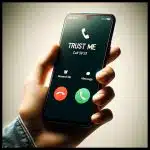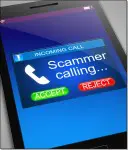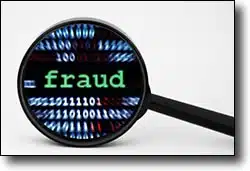scam
Avoiding Scams: Why Hackers Can’t Recover Your Gmail for You
You’ll often find testimonials and offers of amazing account recovery success. It’s a trap.
More Tips to Protect Yourself from AI Scams
AI has entered the chat. And the email. And the voice call. And the video. And it’s making scams even harder to detect.
I Got a Call from Microsoft and Allowed Them Access to My Computer. What Do I Do Now?
A very common scam has people supposedly from Microsoft, your ISP, or other authorities calling to help you with computer problems. Don’t fall for it.
Facebook Marketplace Scams: 3 Warning Signs You Shouldn’t Ignore
Facebook Marketplace scams are on the rise. Here are three red flags that should tell you something’s not right.
Has a Hacker Really Hacked My Email Account?
An email claims your email account has been hacked, possibly even including a password you’ve used. Don’t be fooled; it’s a scam.
Behind the Scam: Decoding the Secrets of Fraudulent Emails
Scam emails often have clues ranging from obvious to obscure. I’ll take a scam email and show you what I see.
Don’t Be Ashamed or Smug
If you’re embarrassed at having fallen for a scam, it’s tempting to want hide and not tell anyone. But it’s important to learn from the experience and share it. There’s no need to feel shame.
What Is a Pig-Butchering Scam?
Pig-butchering is a nasty term for a particularly painful type of scam. Here’s how to protect yourself.
How Can I Protect Myself From Scams?
Scams are everywhere, it seems. I’ll cover some common ones, and share the single most important rule to protect youself.
Avoiding Tech Support Scams
What do you do when you suddenly find yourself on the phone with a scammer? Step One: Be Skeptical!
Is My ISP Calling Me to Clear Up My Problems with Windows?
In a brazen scam attempt, you may get a phone call from someone claiming to be your ISP or other service provider to “help” you with your Windows problems. Don’t fall for it.
Is the internet just full of scams?
Many advertisements of computer products include promises that they can’t keep, or know that they won’t keep. By making things seem much worse than they actually are they attempt to entice – or even scare – you into purchase tools you simply don’t need.

















